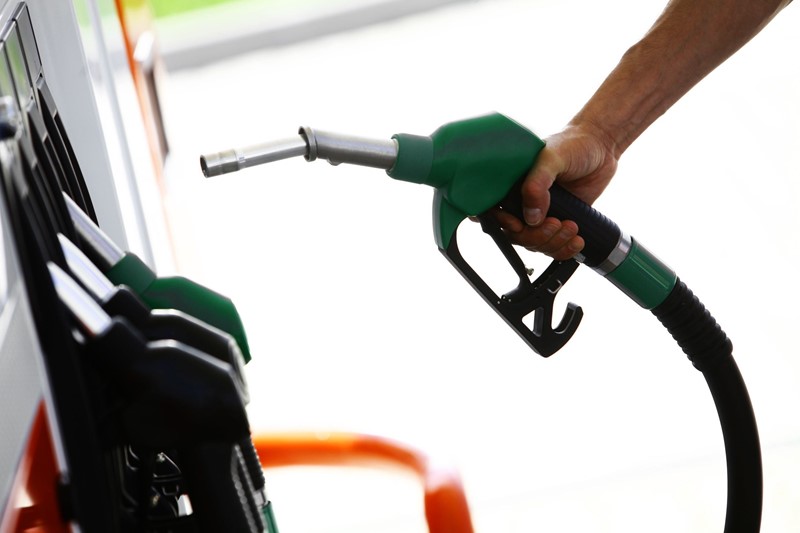Where an employee with a company car is provided with fuel for their own private use by their employers, the default position is that the employee is required to pay the car fuel benefit charge. The charge is determined by reference to the CO2 rating of the car, applied to the car fuel benefit multiplier, currently £27,800.
The car fuel benefit charge is not applicable if the employee pays back their employer for any private fuel provided. This is known as ‘making good’. Private fuel includes the fuel used commuting to and from work. Employees should keep a log of private mileage for each tax year, which they can then apply to the published advisory fuel rates to repay the cost of fuel used for private travel.
The advisory fuel rates are intended to reflect actual average fuel costs and are updated quarterly.
If private fuel costs are reimbursed in this way, HMRC will accept there is no car fuel benefit charge, and the employee will save the income tax that would have been charged on any on any private car fuel provided. In most cases, it will be beneficial to repay your employer for private fuel rather than to pay the income tax charge, especially if private mileage is relatively low.
The car fuel benefit charge will still be payable if it cannot be demonstrated to HMRC that the driver of the car has paid for all fuel used for private journeys, this includes commuting to and from work. To ensure that this does not occur employees will need to keep a log of private mileage and ensure that they make good the cost of all fuel provided for private use.
For the tax year 2023-24, the deadline for reimbursing private fuel provided is 6th July 2024.



